Section: Margaret Dooley Award
-
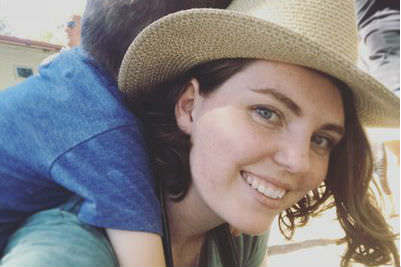
MARGARET DOOLEY AWARD
We are thrilled to announce that Amy Thunig is the recipient of the 2018 Margaret Dooley Emerging Indigenous Writers Fellowship. Amy is a Kamilaroi woman and a researcher at the University of Newcastle. We can't wait to present her writing to you over the coming year!
READ MORE 
-

MARGARET DOOLEY AWARD
The Margaret Dooley Young Writers Fellowship is offered to support the development of young Australian writers aged 15–25.
READ MORE
-
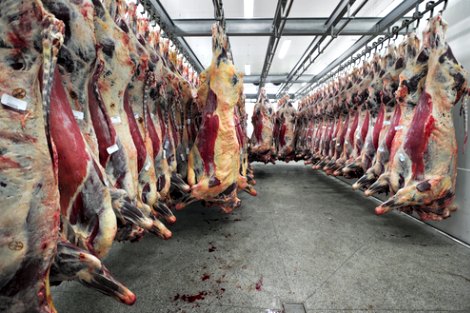
MARGARET DOOLEY AWARD
- Valerie Wangnet
- 24 September 2014
14 Comments
In Ancient Greece, Hippocrates used the term 'hysteria' to account for emotional instability and mental illness in women. This is a diagnosis that survived up until the first sparks of the women's suffrage movement in mid–19th century. In the case of food animals, we are told that they cannot think, suffer or feel pain.
READ MORE 
-
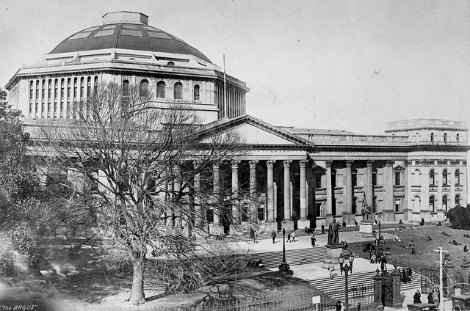
MARGARET DOOLEY AWARD
- Andy Lynch
- 27 August 2014
9 Comments
The kind of Australia we live in today can be directly attributed to the kinds of institutions built 150 years ago - schools, universities, libraries, museums, and more. But in 2014 is it even possible to carve out new public institutions or give new life to those that have waned in relevance?
READ MORE 
-
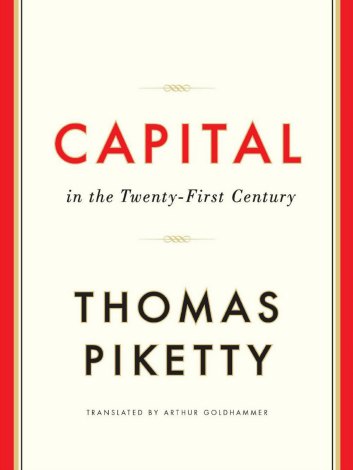
MARGARET DOOLEY AWARD
- Harry Maher
- 20 August 2014
14 Comments
Inequality is dangerous. And inequality is at a near all-time high. At its core, the Government’s recent budget not only engenders but actively exults in the creation and maintenance of inequality, a phenomenon rapidly expanding not just in Australia, but around the world.
READ MORE 
-
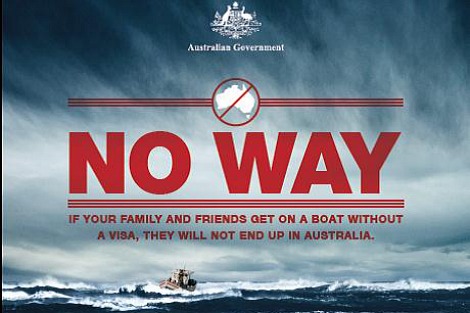
MARGARET DOOLEY AWARD
- James O'Brien
- 13 August 2014
18 Comments
Religious leaders used methods of non-violent protest to respond to the Federal Government's 'No Way' campaign that aimed to discourage Afghan asylum seekers. Calling their movement 'Love Makes a Way', their strategy started to take shape: sit-ins in the electorate offices of federal parliamentarians, asking that justice may 'roll down like waters'. Nonviolent direct action changes hearts.
READ MORE 
-
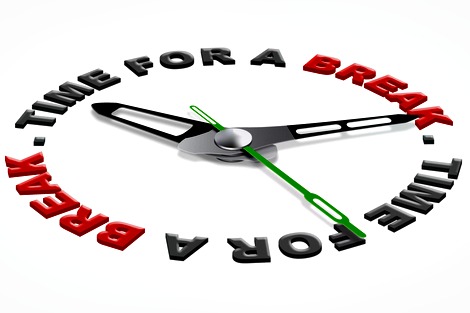
MARGARET DOOLEY AWARD
- Megan Graham
- 08 January 2014
1 Comment
At a certain point, emotional and mental overstimulation leads to a sort of emotional numbness, as the brain and central nervous system can only respond to so much. With enough dopamine hits from 'likes' on Facebook, and adrenalin spikes from sensationalised news stories, one's emotions can become blunted. That is, with the notable exception of general irritability borne of expecting one's real life to be as fast-paced as one's online one.
READ MORE 
-
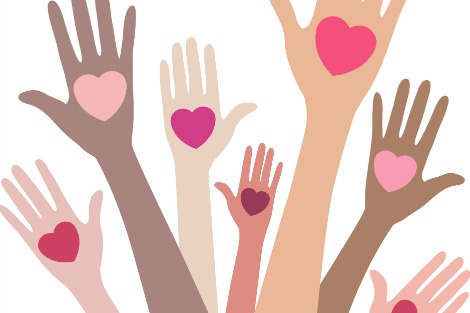
MARGARET DOOLEY AWARD
- Alice Johnson
- 09 October 2013
3 Comments
In a contemporary society where the focus lies amid a whirlpool of egocentricity, self-gain and self-improvement, one must question where the true motive for giving service lies. While the 'ethic of duty' is the ethic of the social gospel movements, Kant believed religion was only valuable because it caused one to lead a good moral life. Thus it is possible to argue that the habit of giving true service lies in the 'ethic of love'.
READ MORE 
-
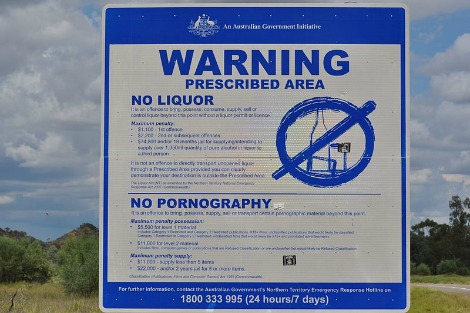
MARGARET DOOLEY AWARD
- Callum Denness
- 25 September 2013
3 Comments
Following the abuse received by Adam Goodes from a teenage spectator in the AFL's Indigenous round, and the subsequent remarks made by Eddie McGuire, the country became embroiled in a debate about racism in modern Australia. Meanwhile, the Northern Territory introduced its Mandatory Alcohol Treatment Bill which, if passed, will see more Aboriginal people incarcerated. We were too busy describing the modern face of racism to notice.
READ MORE 
-

MARGARET DOOLEY AWARD
- Megan Graham
- 11 September 2013
6 Comments
At a certain point, emotional and mental overstimulation leads to a sort of emotional numbness, as the brain and central nervous system can only respond to so much. With enough dopamine hits from 'likes' on Facebook, and adrenalin spikes from sensationalised news stories, one's emotions can become blunted. That is, with the notable exception of general irritability borne of expecting one's real life to be as fast-paced as one's online one.
READ MORE 
-

MARGARET DOOLEY AWARD
- Evan Ellis
- 10 January 2013
4 Comments
St Benedict of Nursia knew about living in a dying world. He was born 25 years after the Vandals sacked Rome and died months after the Ostrogoths had their turn. He watched as old certainties went up in flame. As existing institutions were hollowed out or winnowed completely, Benedict started a revolution. Wednesday 12 September
READ MORE 
-

MARGARET DOOLEY AWARD
- Sarah Burnside
- 26 September 2012
5 Comments
Human beings have a bias towards a belief that the world is a fair place in which one's actions have appropriate consequences. This 'just world hypothesis' implies that those who suffer calamity must be at fault. It is the opposite of empathy and poses a serious challenge for those who seek to implement progressive social policies.
READ MORE 